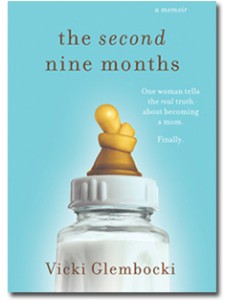 Not since Vicki Glembocki’s The Second Nine Months have I read a book that so gratefully and necessarily delivered me from the slog of sentiment, shoulds, unhelpful advice, and ubiquitous judgment that is so encrusted around virtually every mainstream image of new motherhood. Even the national organization I belong to that is supposed to provide support for moms of preschoolers has degenerated from honest talk and sincere guidance into advice for hand-made crafts and interior design—as if those are the secret to any parent’s survival—and way too many sun-washed photos of well-groomed models running through fields of flowers with non-snotty, non-sulky, non-tantrumy kids. To be short, I have found myself on so many levels unable to relate to the glossy Parenting magazine model of parenting that I’ve tuned most of the garbage out and have chosen instead to sink unaided into my own personal morass, in which I feel daily overwhelmed by and anguished over my own parenting struggles, muddles, tantrums, and scars.
Not since Vicki Glembocki’s The Second Nine Months have I read a book that so gratefully and necessarily delivered me from the slog of sentiment, shoulds, unhelpful advice, and ubiquitous judgment that is so encrusted around virtually every mainstream image of new motherhood. Even the national organization I belong to that is supposed to provide support for moms of preschoolers has degenerated from honest talk and sincere guidance into advice for hand-made crafts and interior design—as if those are the secret to any parent’s survival—and way too many sun-washed photos of well-groomed models running through fields of flowers with non-snotty, non-sulky, non-tantrumy kids. To be short, I have found myself on so many levels unable to relate to the glossy Parenting magazine model of parenting that I’ve tuned most of the garbage out and have chosen instead to sink unaided into my own personal morass, in which I feel daily overwhelmed by and anguished over my own parenting struggles, muddles, tantrums, and scars.
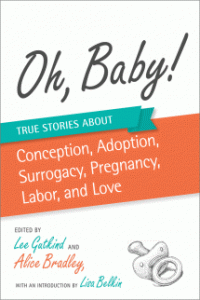 Thank goodness, then, for books that are unafraid to look head-on at the messy, glorious, panicked, sleep-deprived, heart-stopping, beautiful, terrifying baggage that shows up on your emotional doorstep the minute a new baby is placed in your arms. And that’s what Oh, Baby! True Stories about Conception, Adoption, Surrogacy, Pregnancy, Labor, and Love, edited by Lee Gutkind and Alice Bradley, delivers.
Thank goodness, then, for books that are unafraid to look head-on at the messy, glorious, panicked, sleep-deprived, heart-stopping, beautiful, terrifying baggage that shows up on your emotional doorstep the minute a new baby is placed in your arms. And that’s what Oh, Baby! True Stories about Conception, Adoption, Surrogacy, Pregnancy, Labor, and Love, edited by Lee Gutkind and Alice Bradley, delivers.
The title alone embraced me with the welcome and overdue recognition that there are many ways babies come to us, not all of them brought by weary old Mr. Stork. Finally, a book that steps away from the clangingly ubiquitous model of heterosexual reproductive marriage and instead acknowledges that every new parent’s journey is mystifying, heart-rending, soul-changing, and exhausting in different ways, and not every one buys the identical set of baggage. The breadth of voices, the range of experience in these essays is itself extraordinary, and the collection celebrates both the individuality of every parent’s journey and the hugely liberating acknowledgement that, in a way, all parents of infants have experienced what Lisa Belkin, in the Introduction, calls the bright line “between then and now” (9), “that deep, primal mixture of terror and hopeless love” (10).
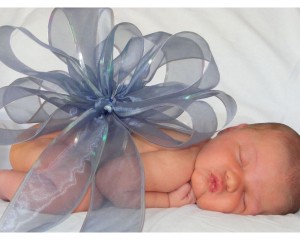 Some of the experiences are enviable. How many of us would have loved to have given birth gently and relatively easily in the tub, amid quiet candlelight, with a few quiet friends at hand just in case? Fortunately there is no grand-standing, no comparing scars, no one-upping of best baby/worst story taking place here. None of the information is gratuitous and that occasional trace of smugness or self-congratulation is fleeting. On the whole, the stories are liberating in their honesty, hilarious in their detail, heart-stirring in their capturing of that fragile parental bond, and in some places heart-breaking when the reality of the baby—or lack of baby—doesn’t fulfill the hope.
Some of the experiences are enviable. How many of us would have loved to have given birth gently and relatively easily in the tub, amid quiet candlelight, with a few quiet friends at hand just in case? Fortunately there is no grand-standing, no comparing scars, no one-upping of best baby/worst story taking place here. None of the information is gratuitous and that occasional trace of smugness or self-congratulation is fleeting. On the whole, the stories are liberating in their honesty, hilarious in their detail, heart-stirring in their capturing of that fragile parental bond, and in some places heart-breaking when the reality of the baby—or lack of baby—doesn’t fulfill the hope.
 Every experience is unique, and the collection covers a range of them, from the parents using medical intervention to conceive to the new parents crowding into the delivery room with their surrogate, from tales of adoption and tales of keeping the child to tales of birth, from the mom frankly envying her wife’s freedom to the new dad’s partner prompting him to record a last-words video to their daughter just before his major surgery. Some authors are bedeviled by the soul-crushing experience of colic or the time-stealing baby who will not nap; others meditate on the delicate, life-altering ways our child makes us renegotiate our relationship to our parents, our partners, and ourselves.
Every experience is unique, and the collection covers a range of them, from the parents using medical intervention to conceive to the new parents crowding into the delivery room with their surrogate, from tales of adoption and tales of keeping the child to tales of birth, from the mom frankly envying her wife’s freedom to the new dad’s partner prompting him to record a last-words video to their daughter just before his major surgery. Some authors are bedeviled by the soul-crushing experience of colic or the time-stealing baby who will not nap; others meditate on the delicate, life-altering ways our child makes us renegotiate our relationship to our parents, our partners, and ourselves.
But the beauty of this collection is not only in its varied individuality but also in its unity. Together, these wise and wonderful voices, warm, witty, and sometimes weary, look with wonder at the phenomenal and profound emotional and physical upheaval caused by the entry of these little beings into our lives. They gently remind us that parenting is a holy mission, though one with a high level of collateral damage, and that tenderness itself is the reward. The beauty is in the frank revelation and unpretentious confession that casts a lifeline to sinking parents like me.
Amy Penne isn’t afraid to say it: “I hate babies . . . [they] rob us of life, liberty, and the pursuit of happiness; they’re anti-constitutional” (178). Erin White speaks directly to my own concern: “Our mistake was in thinking each of our lives would retain what we loved about them when we were childless: sleep, exercise, solitude, clean hair” (226). Still, though unafraid to look unflinchingly at their individual experience, the voices of these writers create a harmonious and buoyant chorus, conjuring a communal experience of parenthood that enslaves us all in what Liz Wyndhorst Harmer calls “this bondage of love” (108).
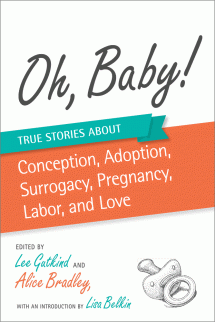
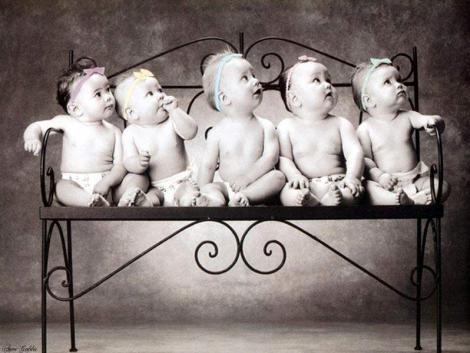
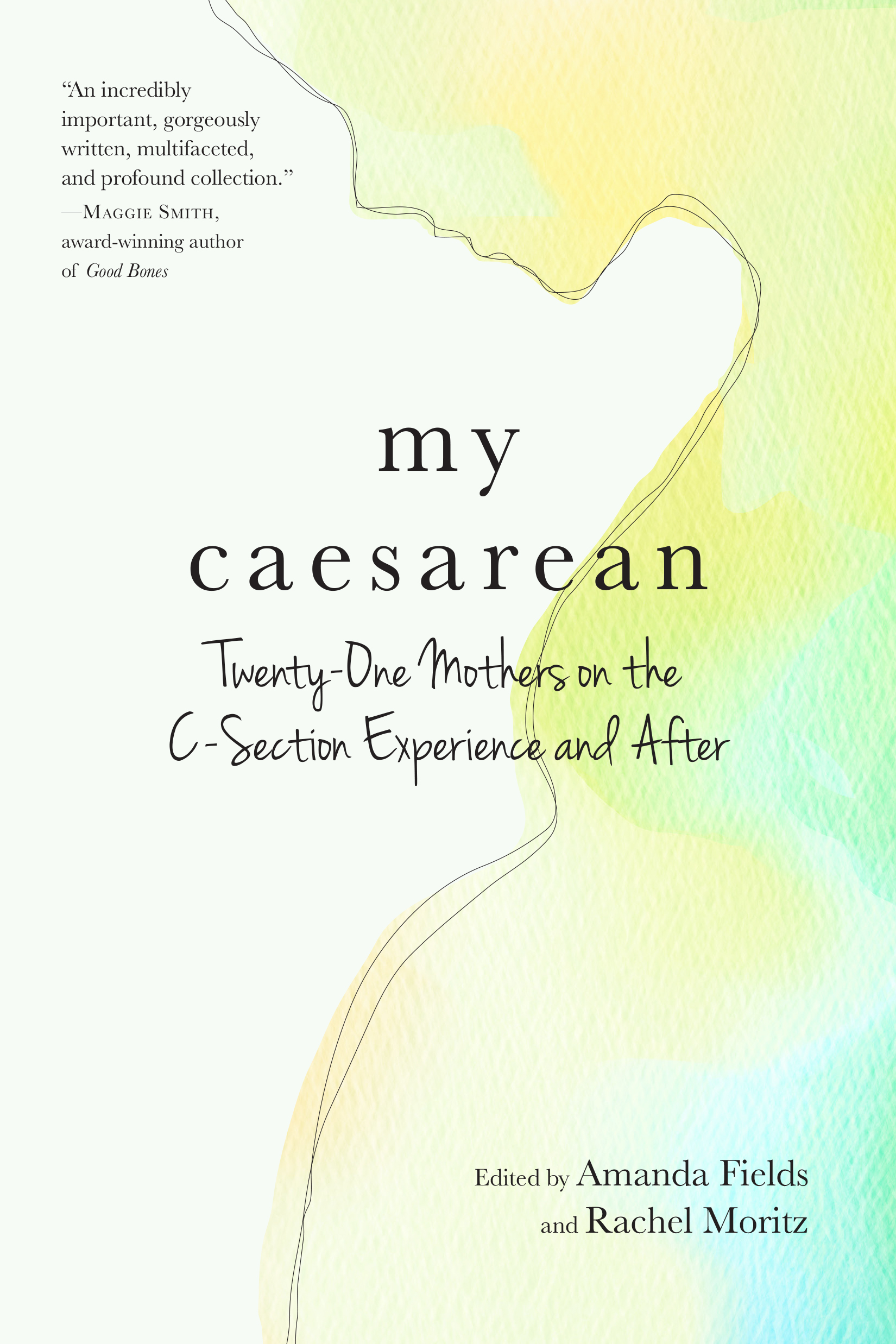
There need to be more books about what parenting is honestly like. If I may be so bold as to share this, I was fortunate to be part of an anthology a few years ago, an international effort, to bring broader perspectives to the public opinion of what motherhood meant. Kasia James was the primary “mother” of this project.
http://www.amazon.com/Milk-Female-Kindness-Anthology-Motherhood-ebook/dp/B00IMUGZ5Y/ref=sr_1_1?ie=UTF8&qid=1449090646&sr=8-1&keywords=milk+of+female+kindness
Thanks for the link! This looks like a terrific book. Anything that can build community and offer support rather than goading our competitive parenting and shame instincts is life-saving. So glad you shared this!